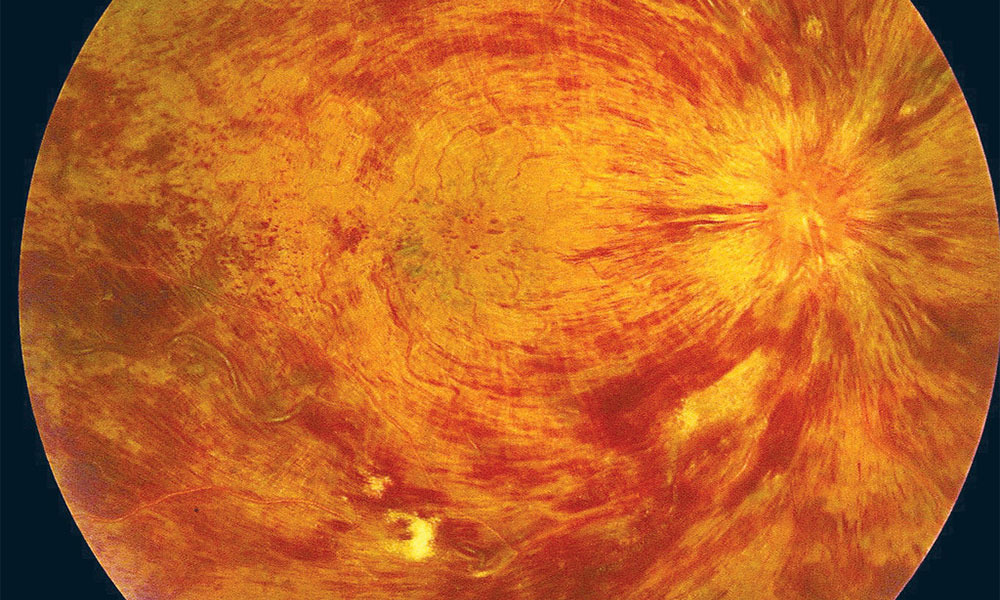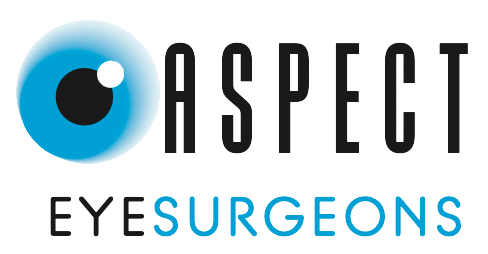A moderately common cause of sudden vision loss results from blockages of the arteries or veins that supply the retina inside the eye.
These may affect the main central artery or vein, or one of the smaller peripheral branches.
This may result in a Central Retina Vein occlusion (CRVO) or Branch Retinal Vein Occlusion (BRVO) for veins and a Central Retinal Artery Occlusion (CRAO) or Branch Retinal Artery Occlusion (BRAO) for arteries.

Vein occlusions vary significantly in severity depending upon whether the central or a branch vein is affected, and how much the blockage impairs blood flow to the retina. Milder cases may be managed with observation only and checks to control for cardiovascular risk factors such as high blood pressure and diabetes.
More significant vein occlusions may require treatment with retinal laser or injections into the eye. Occasionally severe cases may cause a severe form of glaucoma that can be difficult to control.
Artery occlusions result in sudden loss of vision that is often irreversible and are similar in mechanism to a stroke that affects the brain. In the same way that even mild stroke patients are admitted to hospital for assessment and treatment to reduce the risk of further strokes -Artery occlusion patients usually require assessment in hospital after the diagnosis is confirmed by an ophthalmologist.
It should be noted that there are rare but serious medical conditions that cause arterial occlusions. Your ophthalmologist will check for these and may instigate treatment that prevents sudden and permanent blindness if they are suspected.
